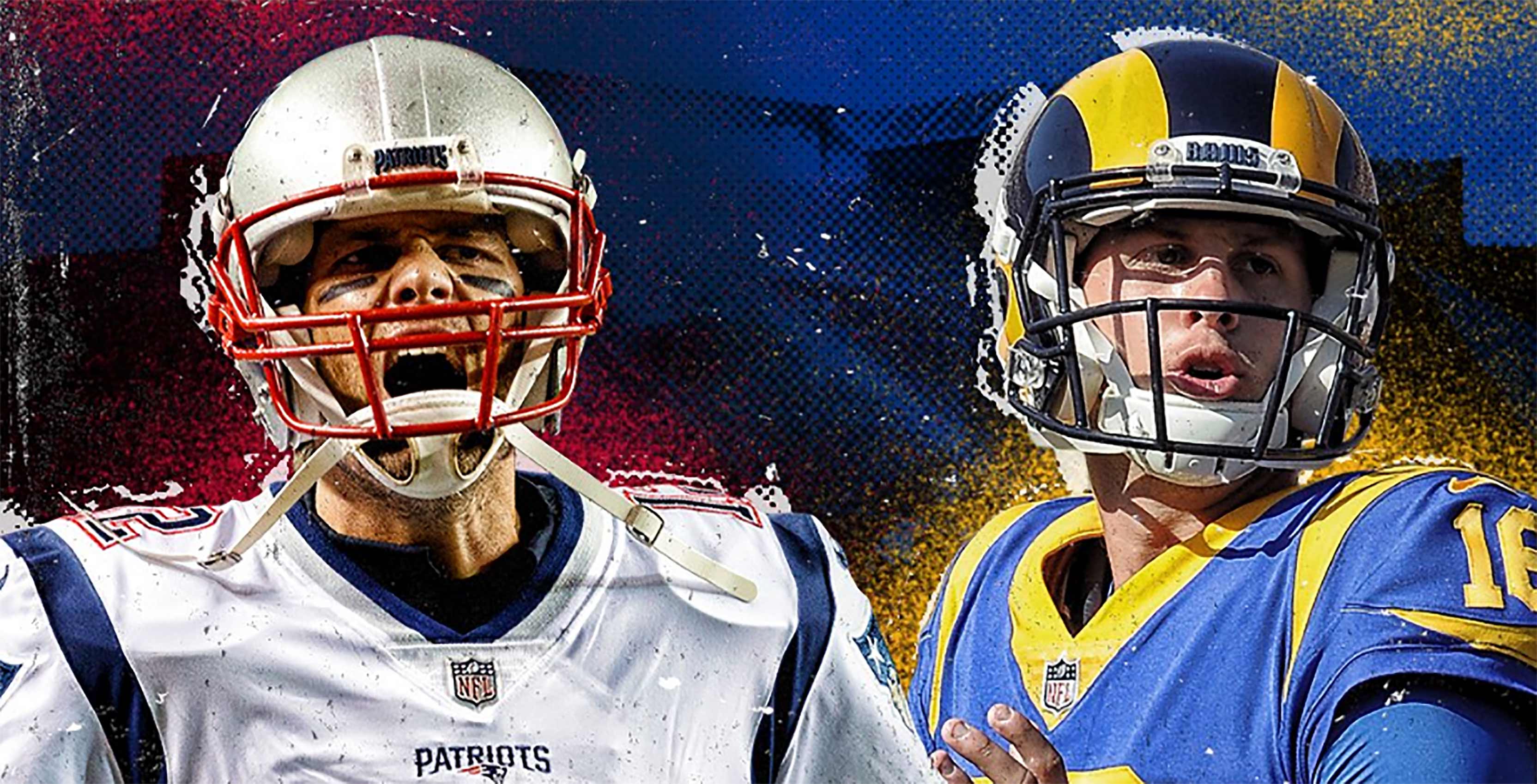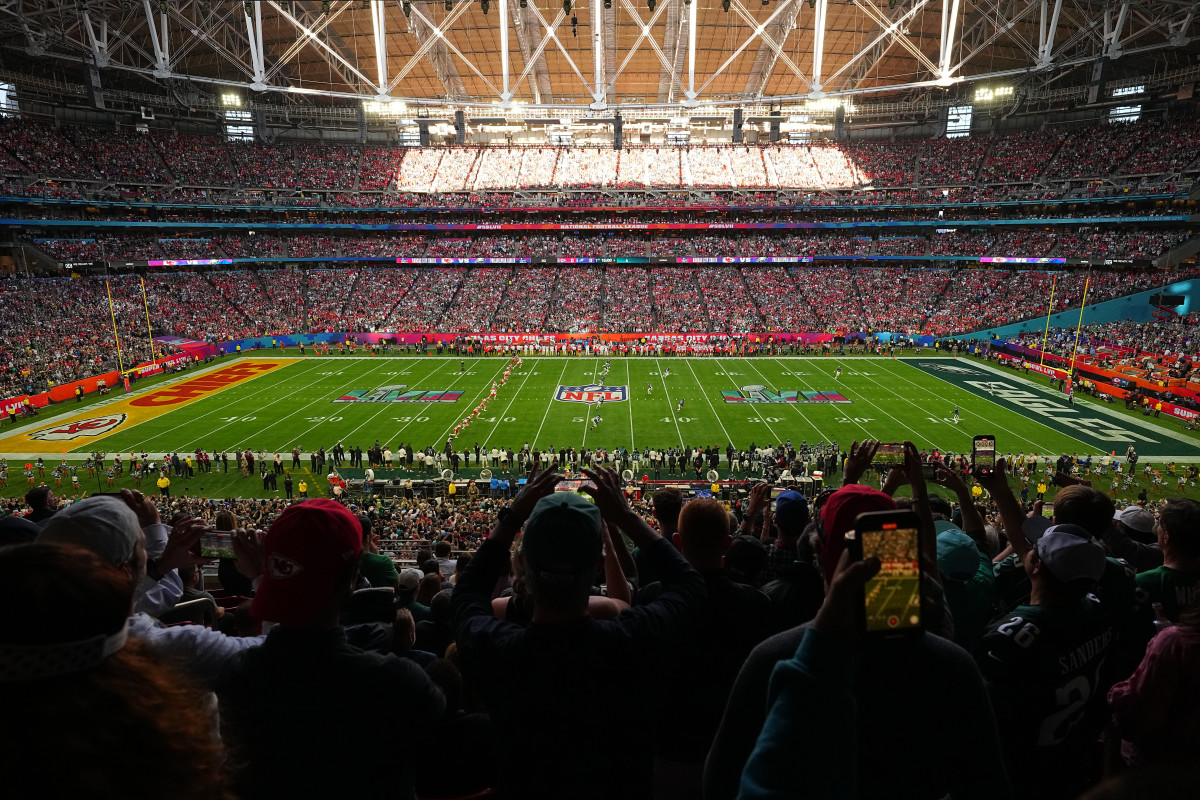Super Bowl: The Epicenter Of American Sports Culture And Global Entertainment
The Super Bowl is not merely a football game; it is an annual spectacle that mesmerizes millions of fans globally. As the championship game of the National Football League (NFL), the Super Bowl represents the culmination of an intense season of competition. Beyond its athletic significance, it serves as a cultural phenomenon, drawing audiences who tune in not only for the game but also for the halftime performances and the much-anticipated commercials. This event has grown exponentially in popularity, evolving into one of the most-watched sporting events worldwide.
Delving deeper, the Super Bowl’s influence extends far beyond the realm of sports. It acts as a unifying force, bringing together diverse demographics for a day of celebration and entertainment. The event's history is marked by pivotal moments that have shaped its identity. From its inception in 1967, when it was merely a contest between the NFL and American Football League (AFL) champions, the Super Bowl has grown into a cultural institution. Over the years, it has incorporated elements such as extravagant halftime shows and innovative marketing campaigns, further enhancing its allure.
| Biographical Information |
|---|
| Name: Super Bowl |
| Established: January 15, 1967 |
| Location: Rotates among NFL cities annually |
| Organizing Body: National Football League (NFL) |
| Significance: Culmination of NFL season, cultural and economic impact |
| Reference Website: NFL Super Bowl Official Site |
The cultural significance of the Super Bowl cannot be overstated. It is a reflection of American society's values and trends, often mirroring broader social movements. Athletes, as prominent public figures, frequently use the platform to highlight issues of social justice and equality. For instance, the kneeling protests initiated by Colin Kaepernick during the national anthem have sparked widespread discussions on race relations and systemic inequality. Similarly, the halftime performances, featuring renowned artists like Beyoncé, Shakira, and Jennifer Lopez, emphasize the event’s role in showcasing diversity and cultural richness.
- William Mandell Md Find A Doctor Near You
- Macomb County Mi Obituaries Find Recent Tributes Condolences
Moreover, the Super Bowl transcends national boundaries, drawing international attention. Celebrities from various fields, including Hollywood actors and global musicians, often attend or participate in the event, further amplifying its global appeal. The game’s economic impact is equally profound. Host cities experience a surge in tourism, with hotels, restaurants, and local businesses benefiting significantly. Additionally, the advertising revenue generated during the Super Bowl is astronomical, with brands investing heavily in creating memorable and innovative commercials. These advertisements often become viral sensations, sparking conversations and debates across social media platforms.
The traditions surrounding the Super Bowl are as captivating as the game itself. Super Bowl parties, characterized by themed decorations, signature snacks like chicken wings and nachos, and friendly wagers, have become a staple of American culture. Families and friends gather to enjoy the game, creating cherished memories. The event also serves as a catalyst for community engagement, fostering camaraderie and sportsmanship. The Super Bowl’s impact on popular culture is evident in its influence on food trends, fashion, and even language, with phrases like “Super Bowl Sunday” becoming part of everyday lexicon.
Halftime performances have evolved into grand productions, rivaling major concerts in scale and spectacle. Artists like Michael Jackson, whose 1993 performance set a new standard for halftime shows, and Beyoncé, whose 2013 performance celebrated female empowerment, have left indelible marks on the event’s history. These performances often reflect contemporary cultural narratives, resonating with audiences globally. The integration of technology in recent years has further enhanced the viewing experience, with augmented reality (AR) and virtual reality (VR) elements being introduced to engage digital audiences.
- Jackie Witte Who Was Paul Newmans First Wife Unveiled
- Clayton Nc Mclaurin Funeral Home Community Events
The economic implications of the Super Bowl are vast and multifaceted. Host cities experience a significant boost in tourism, with hotel bookings and local business sales skyrocketing during the event. The influx of visitors creates numerous job opportunities in sectors such as hospitality, security, and transportation. Additionally, the Super Bowl generates substantial revenue for advertisers, who vie for coveted airtime to showcase their products. The event’s ability to capture the attention of millions of viewers makes it an invaluable platform for brands seeking to increase their visibility and market share.
Looking ahead, the Super Bowl is poised to embrace new innovations and trends. Advances in technology promise to enhance the viewing experience, offering fans immersive AR/VR experiences. Advertisers are likely to adapt their strategies to target digital audiences more effectively, leveraging social media platforms and data analytics. Furthermore, the event is expected to place greater emphasis on social responsibility and community engagement, aligning with the growing demand for corporate accountability and sustainability.
As the Super Bowl continues to evolve, its significance as a cultural and economic powerhouse remains undiminished. It serves as a testament to the power of sports to unite people, transcend boundaries, and inspire change. The event’s ability to adapt to changing times while preserving its core values ensures its enduring appeal. Whether you are a die-hard football fan or a casual viewer, the Super Bowl offers something for everyone, making it an integral part of American life.
In conclusion, the Super Bowl is more than just a game; it is a cultural phenomenon that embodies the spirit of competition, entertainment, and unity. Its historical milestones, cultural significance, and economic impact make it a vital component of American society. As the event continues to grow and innovate, it will undoubtedly remain a cornerstone of global entertainment, captivating audiences worldwide. The Super Bowl’s legacy is one of resilience, adaptability, and inclusivity, qualities that ensure its place in the annals of sports history.
- Asa Blanton Indiana State Controversy Racist Video Backlash
- Linda De Sousa Abreu Prison Sex Scandal The Aftermath

How to watch Super Bowl LIII in Canada

The Super Bowl Could Have A Much Earlier Start Time In The Future The

Super Bowl XLVIII Preview « Gridiron Sports